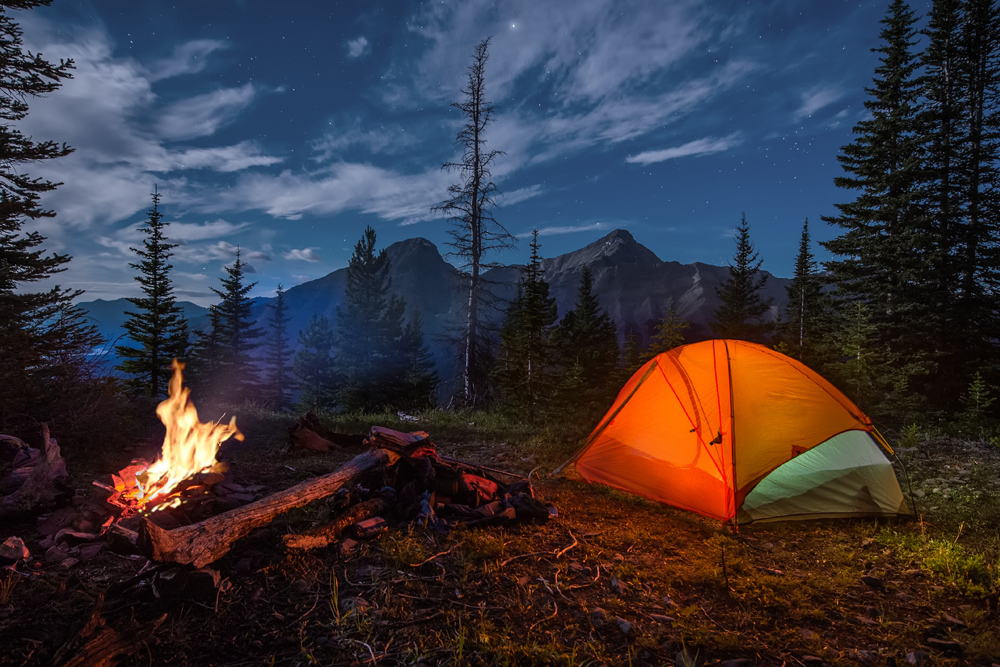Family camping trips are a great opportunity to take advantage of the outdoors during summertime. If you ever went camping as a child, it’s likely that some of your fondest memories were on a camping trip.
Yet even though camping is one of the best getaways you can experience as a family, it can also be dangerous. Going out into the wilderness with younger children can invite potential accidents and injuries. Therefore, to help you stay safe on your travels, take a look at some of the best tips for staying safe on your family camping trip.
Research Where You’re Going
Whether you’re planning on camping in a national park or a privately owned campground, it’s a good idea to get to know about your location before you arrive. Familiarize yourself with what the local activities and rules are, and whether there are stores or hospitals nearby.
If you’re going on a remote camping trip, make sure that you notify the area’s ranger, so they are made aware of how many of you there are and when you’ll be arriving. If you get injured at a national park, the ranger will be there to assist you back to safety.
It’s important to note that you will likely be held responsible for any injuries you and your family sustain in a national or state park. However, if you are hurt on a privately owned campground, the property may be held legally responsible depending on the circumstances. Safety details like these may be important ones to keep in mind.
Bring The Right Supplies
If you do your research thoroughly, you’ll be able to determine whether there is a place to buy what you need nearby. In some cases, you may need to bring everything along with you. Make sure that you bring all of the things you need. Whether it’s water, sunscreen, or an ice cooler, forgetting one item could ruin your whole trip. Make a list before you leave and check it off as you go!
Seal Off Food From Animals
In the great outdoors you will find plenty of animals nearby. Much like you, they also love to eat. It’s important that you keep your food items in tightly sealed in containers where they won’t be detected by the nearby animals. Any raw foods should be consumed immediately since they can grow harmful bacteria after a certain amount of time.
Bring Sanitizer
When you’re away from running water, you’ll still need to kill germs on your hands that you accumulate throughout the day. It’s helpful to have a bottle of liquid gel hand sanitizer to keep with you. This will be especially handy when you are going to the bathroom in the woods. Since you won’t have the option of finding a sink nearby, antibacterial gel is the next best thing!










